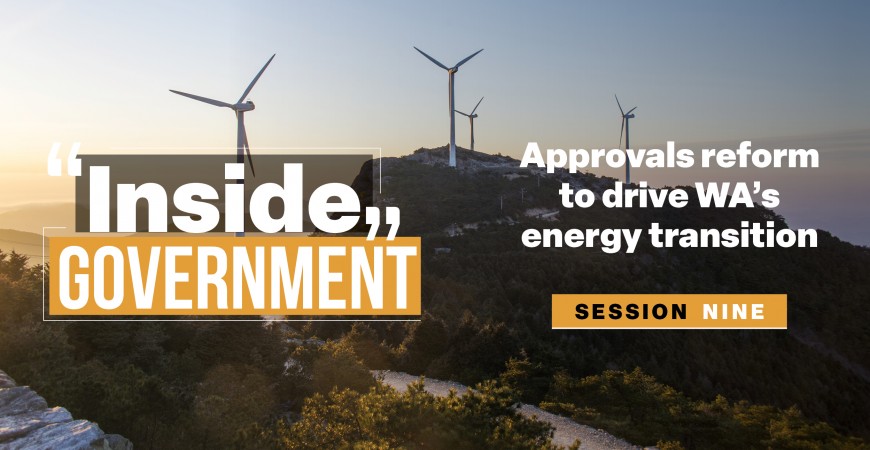As the WA election approaches, the scrutiny on the timeliness and transparency of environmental approvals has become a prominent issue for the Cook Labor Government to navigate.
This type of scrutiny, whether it be from opposition parties, the media, proponents, or industry bodies, is generally a predictable part of any electoral cycle, particularly in the lead-up to a formal election campaign.
The major difference at this point of time in WA is the well-understood necessity to progress the type of projects that will be necessary for the energy transition.
ReGen Strategic is working with a range of clients that are at this intersection – proposing activity that supports this transition while involving the sorts of environmental and social considerations you would expect from any large capital project.
There is a growing sense of expectation that the WA Government needs to lead on tackling project timelines, particularly with the uncertainty surrounding federal Environment Protection and Biodiversity Conservation Act (EPBC Act) reforms and the Albanese Government’s proposed Nature Positive Plan.
Proposals for large-scale renewables, green hydrogen, critical minerals mining and downstream processing are complex and require careful consideration by regulators and governments, who rightly want to retain the highest possible integrity in the regulatory system.
Earlier this month, the Cook Labor Government introduced the Environmental Protection Act Amendment Bill 2024 to the Parliament of WA.
This legislative reform represents the more significant recommendations contained in the Vogel-McFerran Review, which analysed the suitability of WA’s environmental regulation.
There are three notable elements that are being proposed, which will continue to receive significant attention in parliament and in public debate.
Firstly, decision-making authorities across government will be allowed to issue their own approvals while the Environmental Protection Authority (EPA) is undertaking an environmental impact assessment.
Projects will still require approval from the EPA to commence and fines for works without this approval will double.
This change appears eminently sensible. As an efficiency measure, it provides project proponents some breathing room to avoid a standstill while waiting for government agencies to catch up to each other.
Perhaps just as importantly, this allows project proponents to demonstrate the type of ongoing development activity that is sought to raise additional capital. For proponents that are seeking access to historically large project envelopes, the prospect of progressing an option to lease is a seismic milestone on the path to environmental approvals.
Secondly, the Minister for Environment will provide the EPA with a 'Statement of Expectation', to balance strategic priorities with environmental protection. Given the Minister’s ultimate decision-making responsibilities, and their need to balance economic and social factors with the environmental, this seems sensible.
This could come into play to triage the necessary pressures of governing – almost always with a level of compromise – in order to deliver green energy projects, supporting infrastructure such as major ports and roads, as well as laying the groundwork for housing stock that responds to the dual effects of population growth and affordability.
Finally, the right to appeal will be removed where the EPA has determined not to assess a project, for instance due to an absence of complexity or a low level of environmental impact. In this instances that the EPA makes this determination, the referred project is still subject to assessment, regulation, and compliance monitoring from other relevant government agencies.
These legislative amendments come at a time when community sentiment is fractious towards the real impacts of projects that are essential to the energy transition.
While a consistent majority across the community agree with the need to respond to climate change, owners of land proximate to proposed transmission corridor or a mine expansion, may have other considerations.
The proposed reforms provide a pathway for the WA Government to demonstrate clear progress on its energy transition and decarbonisation objectives over the coming decade.
But the litmus test for this progress will not be short-term public conjecture or the passage of legislation through Parliament. Its success will be measured by the community’s acceptance of the energy transition over the long term.
 ReGen Strategic
ReGen Strategic